Brammertz says “Serbs did not get justice”
Hague Tribunal Chief Prosecutor Serge Brammertz has stated that evidence summarized on 1,300 pages was enough to unanimously convict two Croat generals.
Friday, 04.01.2013.
11:40

BELGRADE Hague Tribunal Chief Prosecutor Serge Brammertz has stated that evidence summarized on 1,300 pages was enough to unanimously convict two Croat generals. On November 16, the Hague Tribunal Appeals Chamber acquitted Croat Generals Ante Gotovina and Mladen Markac, who were previously sentenced to 24 years and 18 years respectively for crimes against Serbs during and after Operation Storm in 1995. Brammertz says “Serbs did not get justice” However, Brammertz said that one needed to accept the fact that three out of five judges did not see it that way. “You will not be surprised that, in out opinion, evidence presented during the two-year trial and summarized on 1,300 pages in the initial verdict was enough to unanimously confirm the guilty verdict. However, we need to accept that three out of five judges saw it differently,” Brammertz told daily Vecernje novosti. “I understand emotional reactions in Serbia, especially because there is no doubt that crimes were committed during events that the verdict refers to. During the entire appeals proceeding in the Gotovina case we were explaining to the Appeals Chamber why we believed there was enough evidence to confirm the unanimous initial verdict of the court. The fact that the appeals verdict was made by a minimal number of judges necessary for the majority and that it was accompanied by separate opinions probably contributed to negative perception in Serbia,” the Hague Tribunal prosecutor was quoted as saying. “I would not say that the international justice has shown weakness. The majority of judges delivered a verdict in which they tried to apply rules and procedures that regulate appeal proceedings in the international court. However, the public reaction showed that there is a gap between the decision making process and the verdict on one side and the manner in which they are understood by the community and victims, and external factors on the other,” he underlined. When asked why he decided to voice his opinion, bearing in mind that he usually does not comment on verdicts, he said that he wanted to show respect for the victims’ suffering. “The reality is such that the crimes were really committed and justice has not been served in the eyes of the victims and their families. Then, circumstances of the verdict, especially the sharp tone of the two dissenting opinions are unusual. Finally, I wanted to encourage the domestic judicial organs to continue investigations and persecution of crimes committed before and after the Operation Storm and to express my readiness to help them by giving them information from our data bases,” Brammerty said. “The Prosecutor's Office can launch a retrial procedure within a period of one year as of the final verdict, but the motion will be approved only if there are proofs of new facts that the parties were not familiar with during the procedure, and which could have a considerable impact on the verdict,” he added. He said that Serbia was not a party in the proceeding and therefore had no legal options in terms of the verdict. When asked how in concrete terms he saw Belgrade's decision to lower the relations with the Hague Tribunal to a technical level, Brammertz said that over the years efficient channels of cooperation with the authorities in Serbia had been established. “As I said in our report to the Security Council, this cooperation will remain important in the context of latest trials. Based on my recent talks with Serbian officials, I believe that this cooperation will continue,” the chief prosecutor concluded. Serge Brammertz (Beta, file) Tanjug Vecernje novosti
Brammertz says “Serbs did not get justice”
However, Brammertz said that one needed to accept the fact that three out of five judges did not see it that way.“You will not be surprised that, in out opinion, evidence presented during the two-year trial and summarized on 1,300 pages in the initial verdict was enough to unanimously confirm the guilty verdict. However, we need to accept that three out of five judges saw it differently,” Brammertz told daily Večernje novosti.
“I understand emotional reactions in Serbia, especially because there is no doubt that crimes were committed during events that the verdict refers to. During the entire appeals proceeding in the Gotovina case we were explaining to the Appeals Chamber why we believed there was enough evidence to confirm the unanimous initial verdict of the court. The fact that the appeals verdict was made by a minimal number of judges necessary for the majority and that it was accompanied by separate opinions probably contributed to negative perception in Serbia,” the Hague Tribunal prosecutor was quoted as saying.
“I would not say that the international justice has shown weakness. The majority of judges delivered a verdict in which they tried to apply rules and procedures that regulate appeal proceedings in the international court. However, the public reaction showed that there is a gap between the decision making process and the verdict on one side and the manner in which they are understood by the community and victims, and external factors on the other,” he underlined.
When asked why he decided to voice his opinion, bearing in mind that he usually does not comment on verdicts, he said that he wanted to show respect for the victims’ suffering.
“The reality is such that the crimes were really committed and justice has not been served in the eyes of the victims and their families. Then, circumstances of the verdict, especially the sharp tone of the two dissenting opinions are unusual. Finally, I wanted to encourage the domestic judicial organs to continue investigations and persecution of crimes committed before and after the Operation Storm and to express my readiness to help them by giving them information from our data bases,” Brammerty said.
“The Prosecutor's Office can launch a retrial procedure within a period of one year as of the final verdict, but the motion will be approved only if there are proofs of new facts that the parties were not familiar with during the procedure, and which could have a considerable impact on the verdict,” he added.
He said that Serbia was not a party in the proceeding and therefore had no legal options in terms of the verdict.
When asked how in concrete terms he saw Belgrade's decision to lower the relations with the Hague Tribunal to a technical level, Brammertz said that over the years efficient channels of cooperation with the authorities in Serbia had been established.
“As I said in our report to the Security Council, this cooperation will remain important in the context of latest trials. Based on my recent talks with Serbian officials, I believe that this cooperation will continue,” the chief prosecutor concluded.










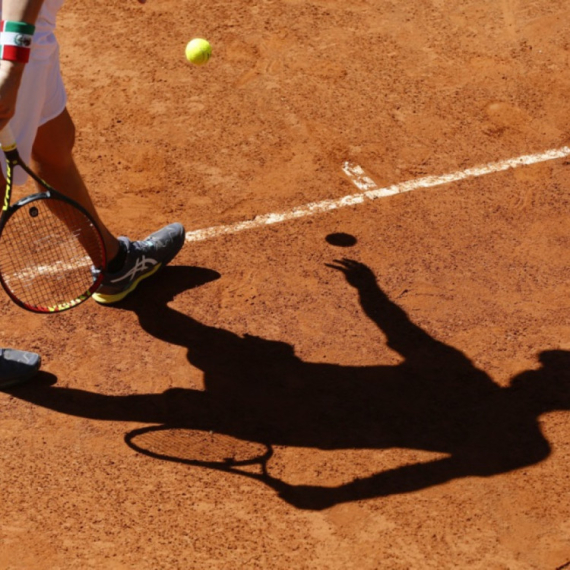

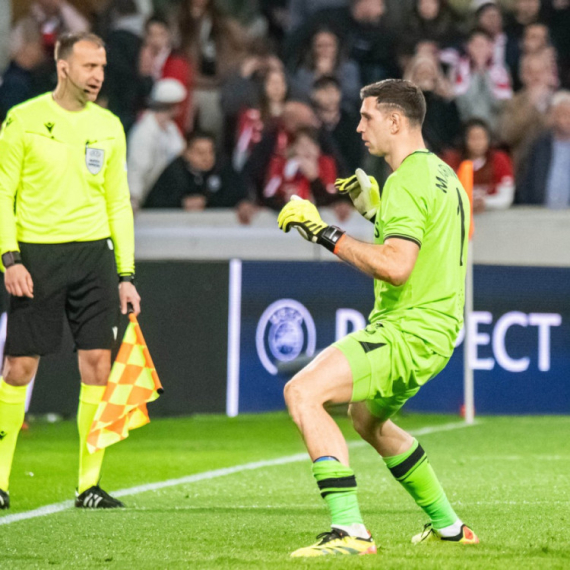

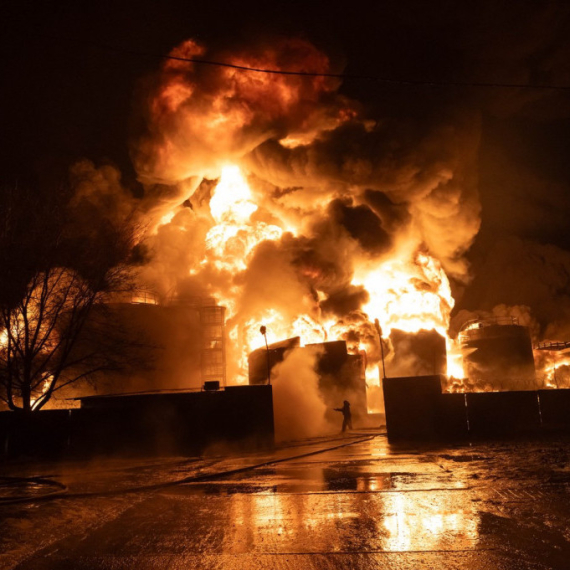
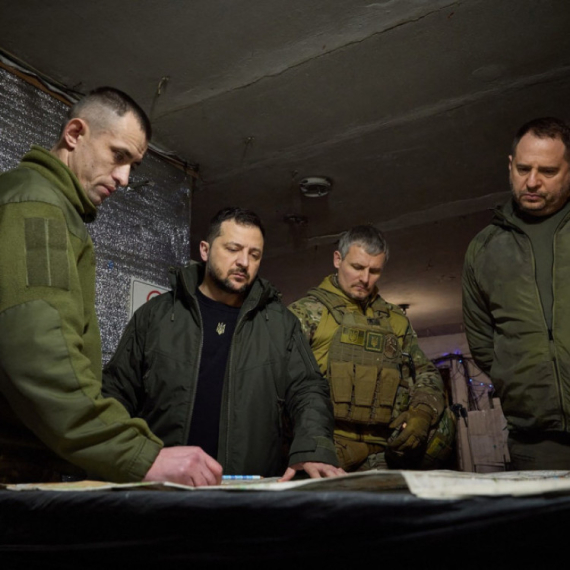
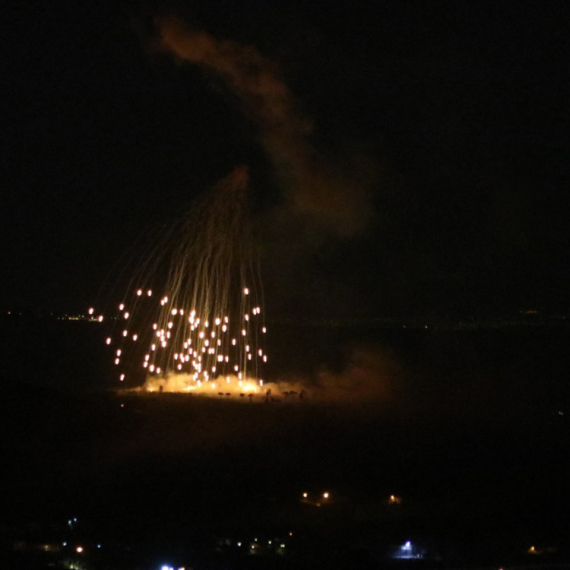
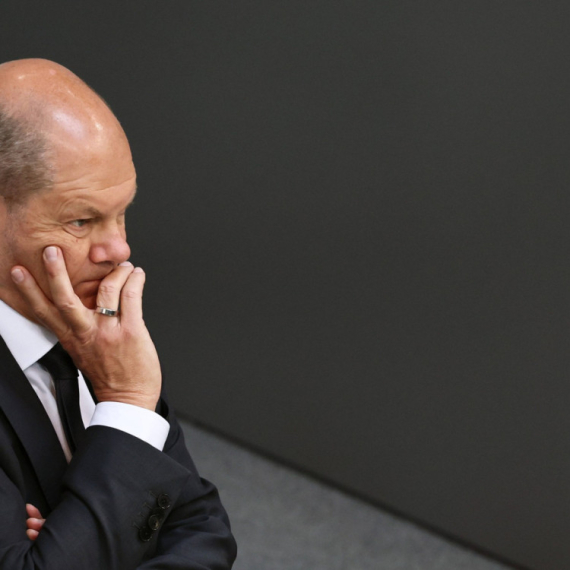









































Komentari 10
Pogledaj komentare